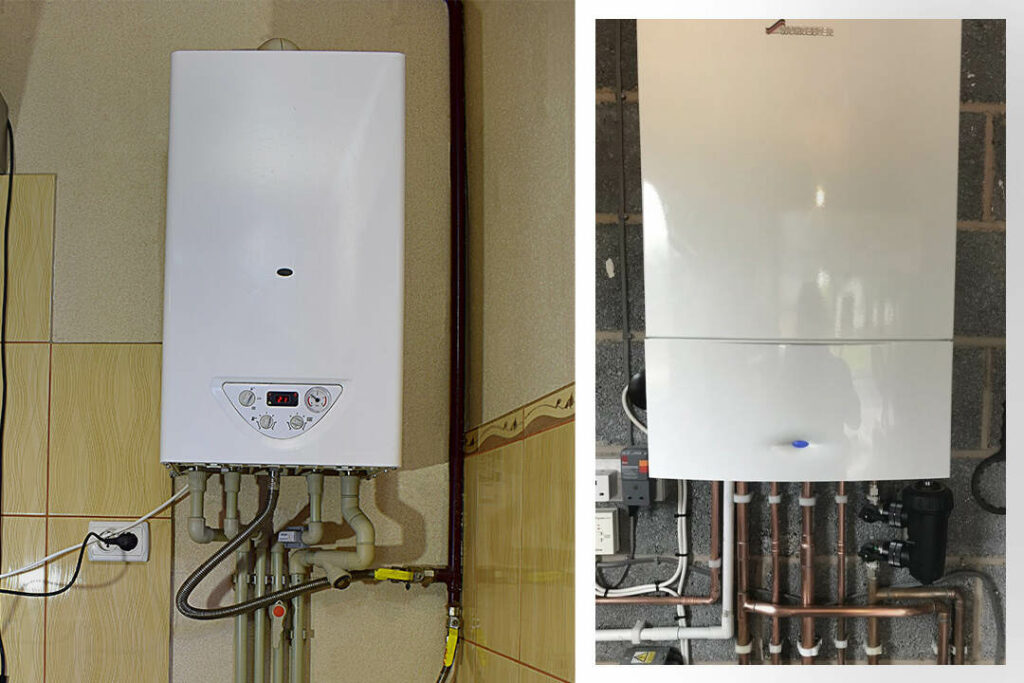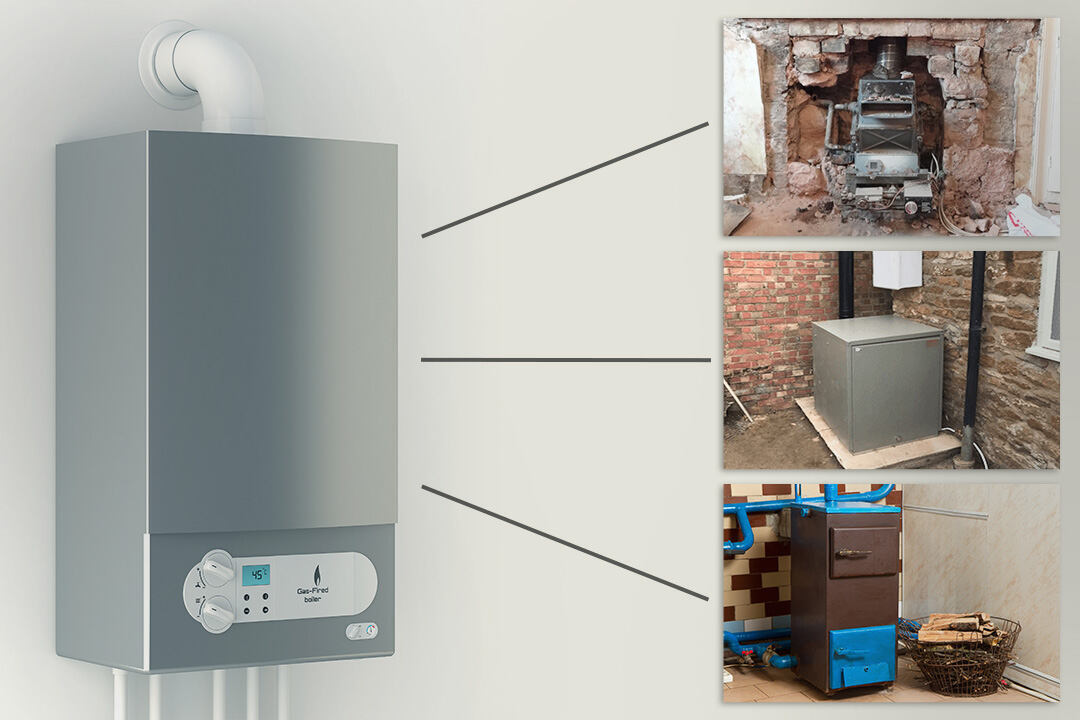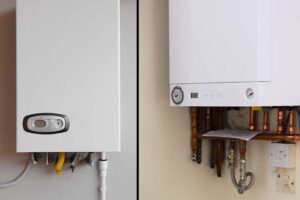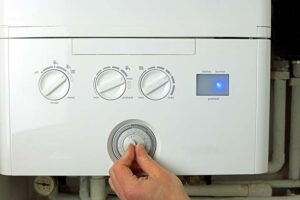Boilers are integral to keeping homes warm, but older models can be inefficient and costly. However, people still have a question about what boilers are eligible to be replaced with a grant. With the rising focus on sustainability and energy conservation, many governments worldwide offer grants to encourage homeowners to upgrade to more efficient models. These grants help to reduce energy bills and contribute to environmental goals by lowering carbon footprints.
You have found the ideal solution if you are concerned about energy efficiency and the environment or whether this will financially strain you. Replacement boiler grants are an option for homeowners attempting the best upgrade in a bid to save.
Boiler Grants
Boiler replacement grants refer to monetary benefits extended to homeowners by governments or utility companies to help them purchase fuel saving furnaces in place of old, ineffective ones. Their main aim is to promote energy preservation and lessen greenhouse gas emissions. In addition to that, homeowners can experience better heat production and pay less to keep the house warm when they seize these grants.
What Boilers are Eligible to be Replaced with a Grant
Not all boilers qualify for replacement grants. eligibility typically depends on several factors, including the age of the existing boiler, its efficiency rating, and the specific criteria set by grant providers. Boilers can be eligible, provided they are either older than a certain age or have not yet achieved a stated efficiency level.
There are three types of boilers: a combination, a system, and a regular one. One of these will be more appropriate to your home size and heating or hot water demand level than the others.
Combi Boilers
When required, a combination boiler provides heating and hot water for use in a home. This is achieved by heating up the water directly from its source, so there is no need for tank or cylinder arrangements other than those of the boiler itself.
In addition to the space-saving aspect, you will also have heating and hot water. However, combi boilers are limited in their ability to serve because they do not store hot water in a tank. If you live in a house with many bathrooms and require hot water, then a system boiler becomes preferable.
System Boilers
A system boiler also heats water directly from the mains but stores domestic hot water in a cylinder. This allows them to meet higher demands for hot water in properties with multiple bathrooms. On the downside, this means you’ll need extra space for a cylinder.
Regular Boilers
If you live in a big house that was constructed around the 1950s or 60s, you are highly likely to have a regular boiler; open-vent, heat-only, regular, and conventional are some of the many names used when referring to such systems. No matter which name yours goes by, they all work in the same way.
Regular boilers differ from combi or system boilers because they do not draw water from the main supply. They draw water from cold water tanks located in the loft. This water is either heated by the boiler to heat the radiators or stored in a hot water cylinder, where it remains hot until someone turns on a faucet, fills the bathtub, or takes a shower.
Condensing and Non-condensing Boilers

At least 60% of energy costs go to boilers, so having a boiler that uses less energy can help you lower your rising heating bills. To lower fuel costs, the project swaps out non-condensing stoves for condensing ones that use less energy. Grants for boilers are only given for gas boilers, not oil, electric, or LPG boilers.
Boilers have to be under 86% efficient to qualify. Most will be non-condensing, but even if you have a new condensing boiler, if it is not 86% efficient, it is likely to be replaced. Back boilers are also included in the ECO-free boiler system, and they are replaced with new condensers. The provided boiler will fit, although some of the installers will not touch the outside boiler.
What About Fuel?
A boiler grant will only cover a new gas boilers. Oil, LPG, and electric boiler candidates are not included.
Only 80% of UK homes connected to the gas network can get natural gas. Off-grid, people often use oil and LPG as power.
Energy Efficiency Requirements
For most boiler incentives, a new boiler has to be less than 50% efficient. The new boiler will use less energy, lowering carbon pollution and energy costs for people in the UK.
Environmental Impact and Sustainability
Opting for a green boiler qualifies you for grants and enables you to preserve the environment. Choosing boilers with advanced environmental features like reusable materials or fewer carbon emissions may earn you awards from many programs.
Am I eligible for Boiler Grant?
Homeowners and private tenants receiving certain benefits can access boiler grants.
- Boiler older than 2005
- Eligible Government Benefits Recipient
- Income-based Job seeker’s Allowance (JSA)
- Income-related Employment & Support Allowance (ESA)
- Income Support Allowance (ISA)
- Working Tax Credit (WTC)
- Child Tax Credit (CTC)
- Universal Credit (UC)
- Pension Guarantee Credit
- Pension Savings Credit
- Child Benefit
- Housing Benefit
Application Process
Receiving a grant for a new boiler typically happens in several stages. Primarily, one is supposed to find out whether they are qualified installers. Then, the candidate collects relevant papers, such as documents for establishing possession and proof of income. Finally, you submit your application online or through a designated application centre. Upon application approval, a qualified engineer will survey your house.
Choosing the Right Boiler
When selecting a replacement boiler, consider factors beyond just eligibility for grants. Assess your household’s heating needs, available fuel types, and space requirements. Matching these factors with the right boiler ensures optimal performance and energy efficiency over the long term.
Contractors and Installation
It’s crucial to engage accredited installers for your boiler replacement project. Accredited professionals ensure that installations comply with safety and efficiency standards, a requirement for most grant schemes. They can also advise you on the best boiler options that fit your home’s specifications.
Maintenance and Long-term Savings
If you maintain your new boiler regularly, its effectiveness will be ensured. Make sure to maintain such a boiler appropriately if you want it to serve for more than five years without breaking down often. You need to first evaluate how much money you could save from using less energy to comprehend its future financial returns.
Conclusion
What boilers are eligible to be replaced with a grant discover boiler replacement benefits and types that are eligible, homeowners can improve their heating systems, save money, and have less of an effect on the environment. Knowing what you need to do to be eligible, choosing the right boiler, and applying could save you money on your heating bills for years to come.
Frequently Asked Questions
Can I apply for a boiler grant if I rent my home?
Homeowners usually receive grants, although some situations may require tenants to qualify for assistance.
How long does the application process take?
The applicants are advised to apply a long time before the heating season as the duration required for processing applications is different.
What happens if my application is rejected?
You might get told why your application failed. Please examine the requirements and think about reapplying in case there are changes.
What boilers are eligible to be replaced with a grant?
Certain boilers are eligible for grants and these are combi, system, and regular.







